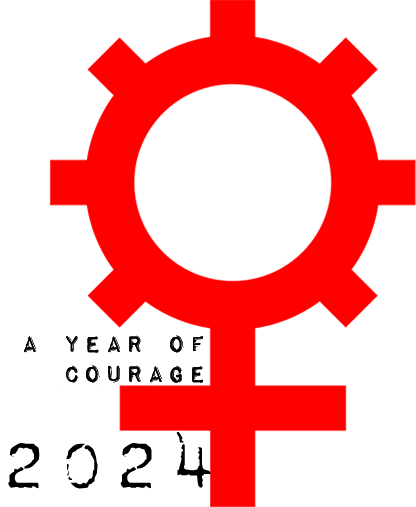Forgiveness relieves us of the burden of change by removing guilt. The removal of guilt does not mean the event disappears from our memory; instead, we use it as a lighthouse to navigate better in the future. In attempting to navigate the waters of life, we learn not all currents need to be followed to their ends. There are capitalist and social pressures trying to make you do ‘more,’ but we understand ‘more’ is not always the answer. The opposite of ‘more’ is ‘enough,’ it is ok to know our limits. By investing in the power of enough, we make forgiveness an option more often.
The power of enough can be applied proactively and reactively to positive effect. When we eat a portion of food, have exercised satisfactorily, accomplish a good task list, it is ok to say ‘I’ve had enough’ or ‘I’ve done enough.’ We don’t need to pursue ‘more’ every day. When we look at our possessions, it is ok to be content with what we have. On the other side of the coin, when others press us to engage in something beyond our limits, it is also ok to say ‘I’ve had enough.’ We say ‘no’ because we are practicing respect for our boundaries.
The power of enough is respecting our situation as it is. While change often comes whether we like it or not, we can work to make life’s changes subtle and less impactful. The power of enough is a tool assisting us towards non-action. When change beyond life’s ripples is unnecessary, we can more acutely focus on practicing mindfulness and meditation – being present. In short, the power of enough is a path towards being present, as we allow ourselves to be happy where we are with what we have.
Like most tools, enough can be abused into stubbornness. Planting one’s flag along the river of life and refusing to budge is counter-productive. Whether our refusal to be a part of the river of life comes from religion, culture, or a specific trauma, we cease being present and instead attempt to live in the past. Unfortunately, history rarely is ever as good as we remember it to be, and our efforts to recreate something that never truly existed is a sad waste of effort. It is one thing to park along the river bank to rest, build a lighthouse, appreciate something truly memorable, and it is another to refuse to get back on the river.
Life moves forward. We move with it or be left behind, and I suspect few people sincerely yearn to be alone while everyone else vanishes beyond the horizon. Moving with life does not always mean we constantly work to obtain or do ‘more.’ Moving with life can mean we lean back on the river and enjoy the sky. Moving with life can mean we pull over to have tea with friends. Moving with life can mean we begin to explore a new stream only to find it isn’t the direction we want and return to the river to try again. The river does not dictate the pace we travel at exclusively. It is ok to have a jet ski or a sailboat. Living according to our true nature means we can do ‘more’ until we’ve arrived where we want to be. Once there, we can appreciate the power of enough and limit the instances wherein forgiveness is required at all. We can gradually change as life’s experiences, the lighthouses, teach us how to navigate. Be who you yearn to be; you are worth it.
